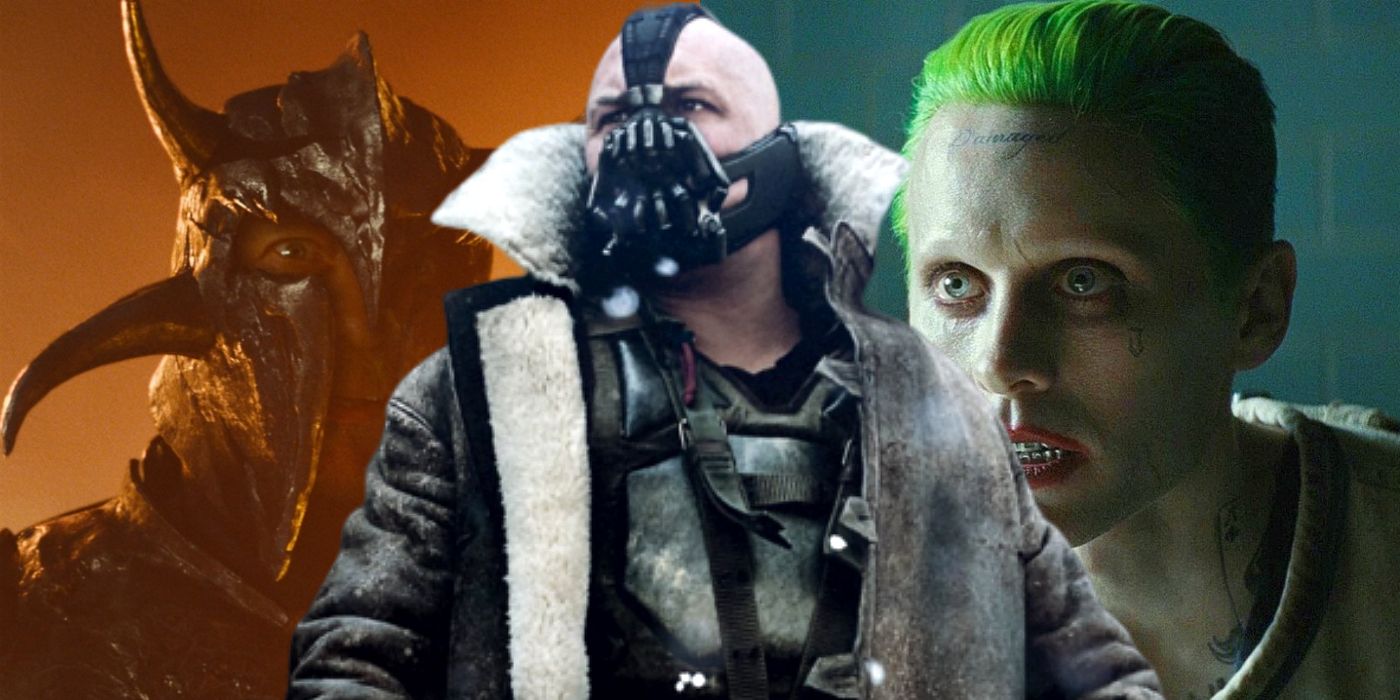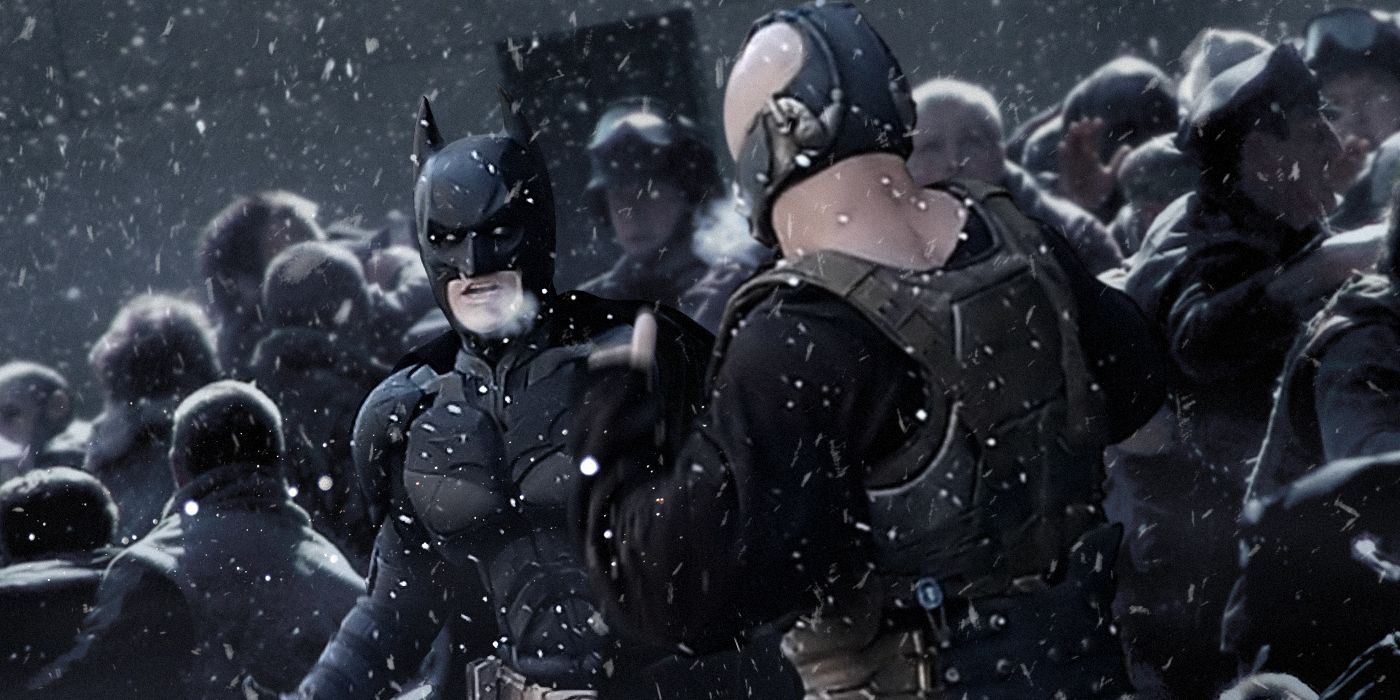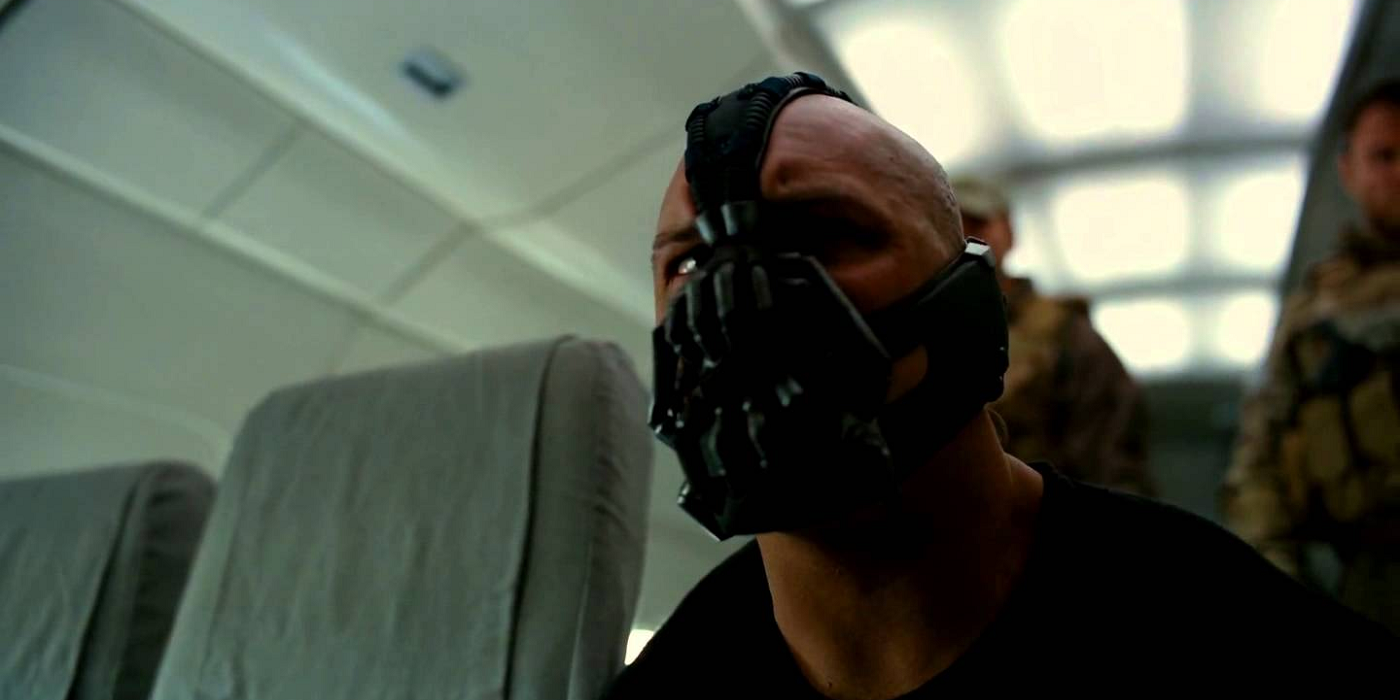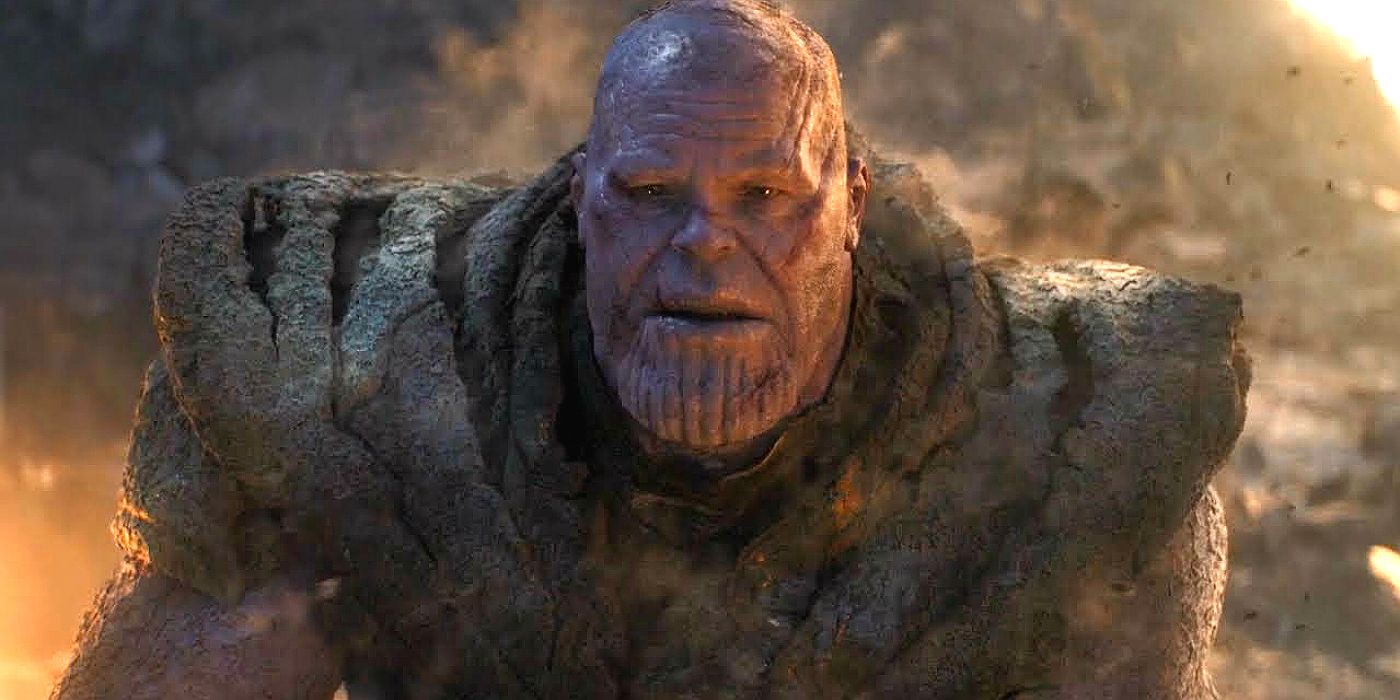After the appearance of countless superhero movie villains in the eight years since Christopher Nolan's The Dark Knight Rises hit theaters, one thing is for certain: Bane still ranks highly among all of them. The 2012 conclusion to Nolan's epic Dark Knight Trilogy, the film was both a critical and commercial success, grossing over $1 billion at the box office. To this day, it remains one of the highest-grossing films of all-time and the ending of one of the most iconic and noteworthy adaptations of a comic book property.
Nolan initially struggled with the decision to return to the franchise after the success of The Dark Knight. The filmmaker would only agree to a third film if he felt truly invested in the story, which he began roughly outlining shortly after 2010's Inception. Studio executives at Warner Bros. encouraged Nolan to include The Riddler as the primary antagonist, wanting a villain similar in style to Heath Ledger's depiction of The Joker, and even suggested Leonardo DiCaprio for the role. However, Nolan had other plans in mind, and pursued Bane due to his uniqueness in relation to the other villains in the series.
The decision paid off, as Tom Hardy's menacing version of the character has become a mainstay in popular culture, to the point of being homaged and parodied in other media. Despite the film's divisive nature among some audiences, Bane stands the test of time as one of the best superhero movie villains ever.
The Dark Knight Rises Has A Damaged Reputation
Even in spite of The Dark Knight Rises' financial success and glowing critical reviews, audiences were relatively divided on the long-awaited finale. The film was unfavorably compared to its widely-beloved predecessor, as many felt like it was a disappointment. Some criticized perceived plot holes in the The Dark Knight Rises' story, while others considered it boring and overlong. Batman's return to Gotham and the film's ending are but two examples that people find a lot of issues with, although they extend to Bane himself as well.
There was also a subsection of comic book fans who felt as if Bane (and by extension, Nolan's Batman franchise) lost the core essence of the character by removing some of his more fantastical elements. The character was even nicknamed B.I.N.O in comic book circles, meaning Bane In Name Only. Fans were upset that a character most notable for his debilitating dependence on the super-strength inducing drug Venom had been transformed into a militaristic revolutionary with a crippling painkiller addiction.
Dark Knight Rises' Bane Remains An Iconic Superhero Movie Villain
Regardless of the vices comic book fans had with the depiction of the character, Nolan's Bane is still a pop culture icon in the eyes of many. The filmmaker chose to use the villain because of his stark contrast to Ledger's Joker, a self-titled "agent of chaos," as opposed to what Nolan saw in Bane, which was a "classic movie monster, one with a terrific brain." The result is a diabolical strategist, one who remains two steps ahead of the Dark Knight the entire time, staying perfectly true to Bane's roots as an efficient tactician.
Bane in The Dark Knight Rises also manages to honor the character's physical challenge to the Batman as well. Tom Hardy portrayed the character as a physically imposing force of nature, in tandem with the screenplay's partial adaptation of the Knightfall storyline. Hardy reportedly gained 30 pounds for the role, in order to truly sell the character's intimidating figure.
The villain's voice was another reason why Bane became so memorable after the film's release. Initially criticized because of the sound mixing, Hardy drew several different inspirations for the accent, including bare-knuckled boxing champion Bartley Gorman V as well as the character's multi-ethnic background. The result is a cold and detached echo, one that clashes with the character's dominating physique. Because of all these factors, Bane remains an iconic villain, and certainly a pop-culture touchstone when it comes to comic book movie bad guys.
Few Modern Superhero Movie Villains Can Compete With Bane
Despite the sheer number of comic book movie villains we've seen adapted to screen since 2012, few are as memorable or noteworthy as The Dark Knight Rises' Bane. This has been a major complaint levied against the films in the MCU, but the DCEU is also guilty of this as well. The combination of Hardy's menacing physical presence as well as the terrifying authority that he displays in his performance is largely unmatched, and a distinct leg-up on most films that rely on CGI-based antagonists. There's evidence of this in the lack of discussion of most of the villains on-screen in recent memory. Be it Marvel or DC, there has been a villain problem in many superhero movies post-The Dark Knight Rises. Out of the dozens of superhero movies since The Dark Knight Rises' release, how many of their villains are actively discussed in popular culture or remembered in the same way that Bane is?
Thanos is an obvious outlier that comes to mind, with Josh Brolin lending a tremendous amount of humanity to his performance as the Mad Titan, but one could even argue that Nolan's depiction of Bane may have influenced the way the Russos chose to write Thanos. Michael B. Jordan's Killmonger is another highly praised superhero film villain in recent memory, ironically even gaining comparisons to Heath Ledger's Joker. Aside from those two however, few villains have had the combination of dynamic performances as well as truly humanistic intention. Bane, on the other hand, is the perfect culmination of writing, performance, and sheer iconography, all factors that solidify his depiction in The Dark Knight Rises as one of the all-time best cinematic superhero villains.




